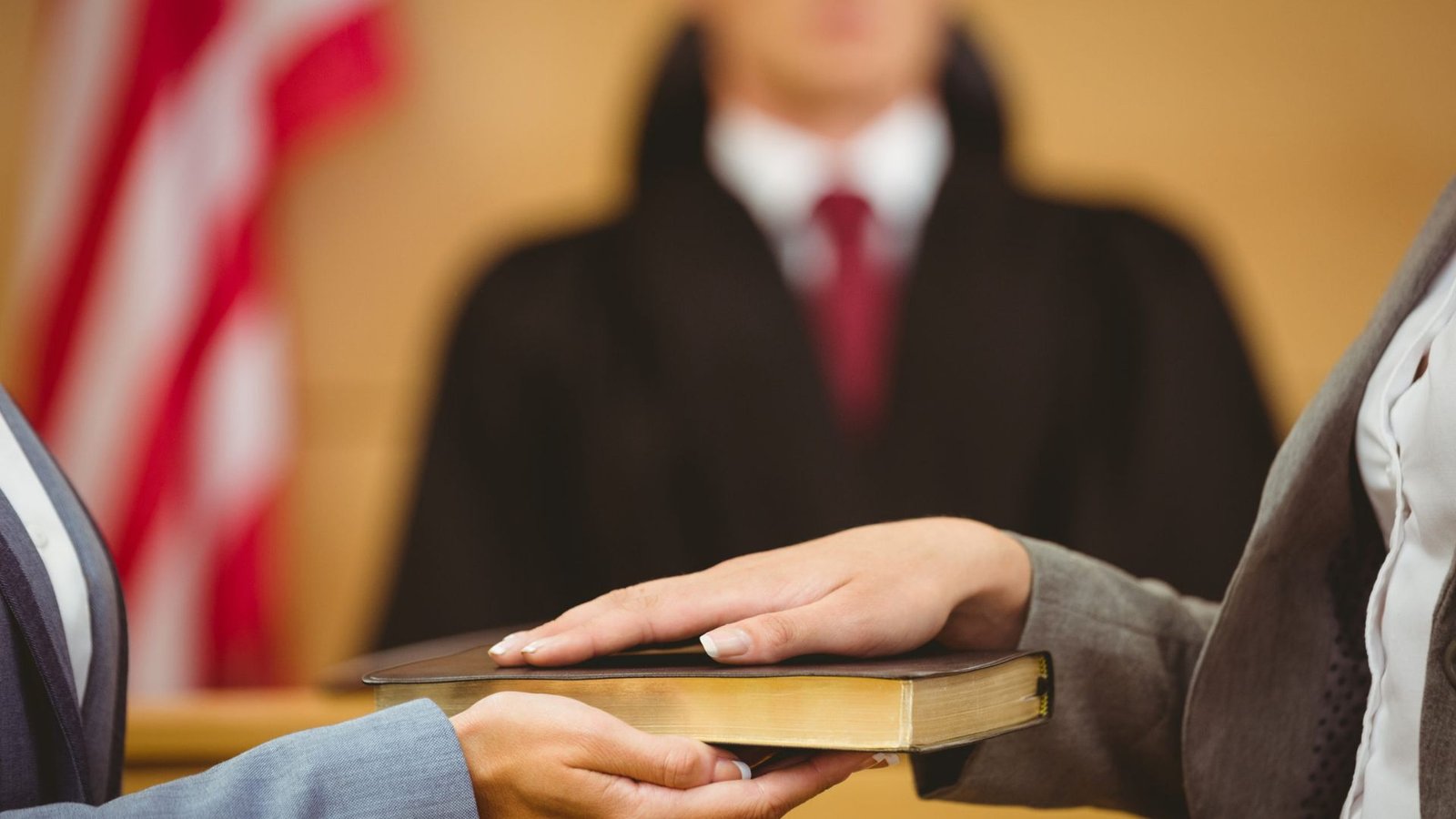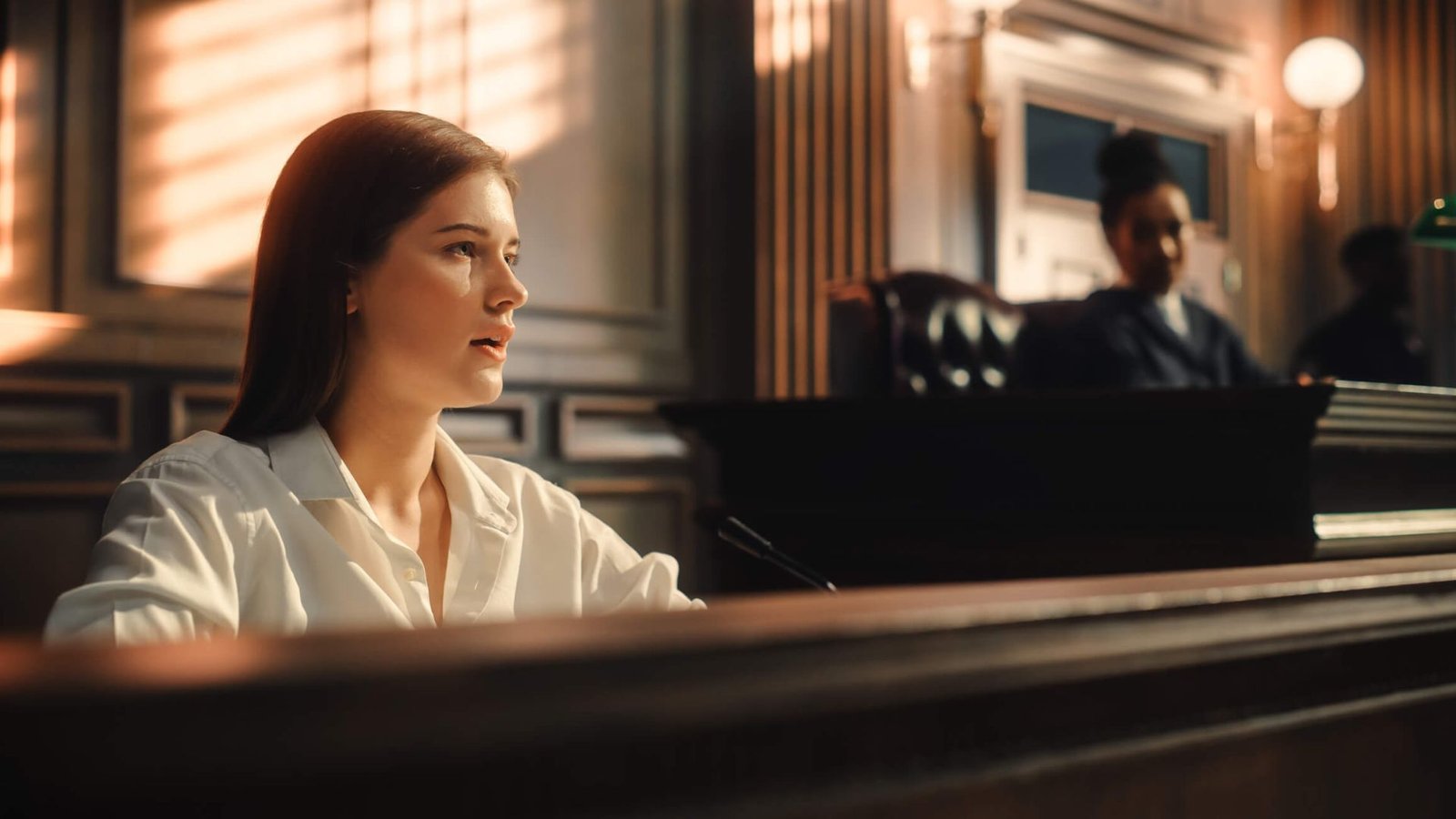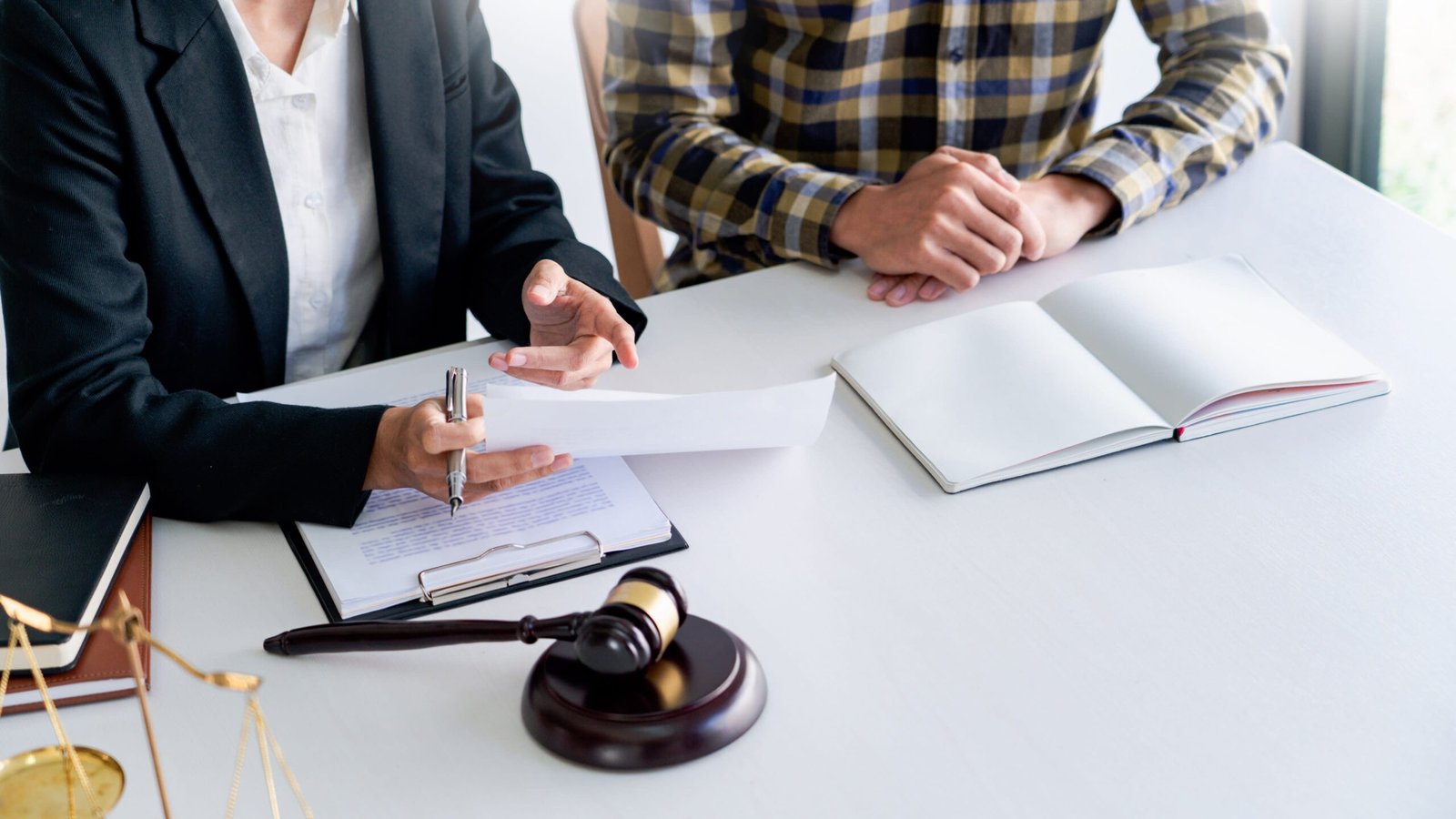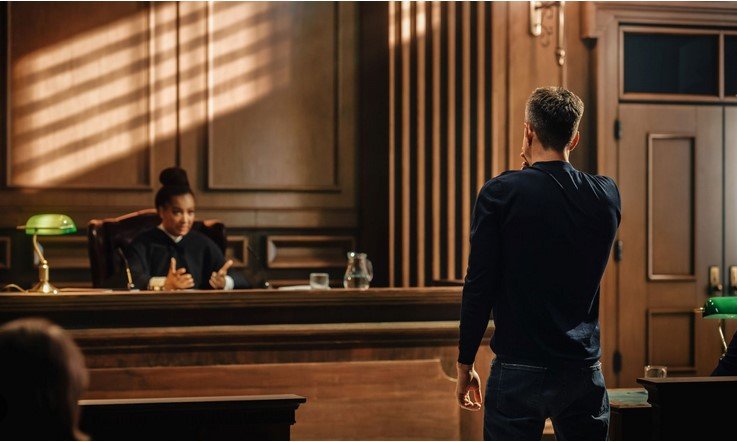In criminal defense cases, expert witnesses can play a crucial role in shaping the outcome of a trial. Their specialized knowledge and objective testimony can provide the court with valuable insights that support the defense strategy. Here’s a detailed look at the role of expert witnesses in criminal defense cases:

Understanding Expert Witnesses
Expert witnesses are professionals with specialized knowledge, skills, or experience in a particular field relevant to the case. Unlike lay witnesses, who provide firsthand accounts of what they observed, expert witnesses offer opinions and interpretations based on their expertise. Their testimony can help clarify complex issues that are beyond the understanding of the average person.
Types of Expert Witnesses
- Forensic Experts: Forensic experts analyze physical evidence, such as DNA, fingerprints, or ballistics. They provide testimony on the collection, handling, and analysis of evidence, helping to establish or challenge the prosecution’s claims.
- Medical Experts: Medical professionals, such as doctors or forensic pathologists, can provide insights into injuries, cause of death, or mental health conditions. Their testimony can be critical in cases involving allegations of assault, homicide, or psychological disorders.
- Psychological Experts: Psychologists or psychiatrists can assess the mental state of the defendant or witnesses. They may provide evaluations related to competency, mental illness, or the psychological impact of the alleged crime.
- Financial Experts: In cases involving financial crimes, such as fraud or embezzlement, financial experts analyze accounting records, transactions, and financial statements to provide clarity on the financial aspects of the case.
- Technical Experts: Technical experts can include professionals who specialize in areas like digital forensics, engineering, or accident reconstruction. They provide analysis and opinions on technical or mechanical aspects of the case.
How Expert Witnesses Contribute to a Defense
- Clarifying Complex Issues: Expert witnesses can explain complex or technical information in a way that is understandable to the judge and jury. This can help clarify aspects of the case that are difficult for non-experts to grasp.
- Providing Objective Analysis: Expert witnesses offer impartial and objective analyses based on their expertise. Their testimony can counteract biased or misleading information presented by the prosecution.
- Supporting the Defense Theory: Experts can provide evidence that supports the defense’s theory of the case. For example, a forensic expert might testify that evidence does not support the prosecution’s narrative or that evidence was mishandled.
- Challenging Prosecution Evidence: By offering alternative interpretations of evidence or highlighting flaws in the prosecution’s case, expert witnesses can weaken the opposing side’s arguments and bolster the defense’s position.
- Enhancing Credibility: The presence of a credible expert witness can lend weight to the defense’s arguments. A well-respected expert can enhance the overall credibility of the defense case.
Selecting the Right Expert Witness
Choosing the right expert witness involves several considerations:
- Relevance: Ensure the expert’s specialty is directly relevant to the issues at hand. Their expertise should align with the specific aspects of the case.
- Qualifications: Verify the expert’s credentials, experience, and reputation in their field. Their qualifications should be robust enough to withstand scrutiny from opposing counsel.
- Testimony Style: Consider the expert’s ability to communicate effectively in court. They should be able to present their findings clearly and persuasively.
- Cost: Expert witnesses can be costly, so it’s important to assess the budget and weigh the potential impact of the expert’s testimony against their fees.
Challenges in Using Expert Witnesses
- Cross-Examination: Opposing counsel will likely challenge the expert’s qualifications, methodology, or conclusions. Effective preparation and presentation are key to countering these attacks.
- Bias Concerns: The expert’s credibility may be questioned if there is a perceived bias or if their testimony seems to favor the defense excessively. Maintaining objectivity and impartiality is crucial.
- Complexity: While expert testimony can be valuable, it may also introduce complexity that confuses or overwhelms the jury. It’s important to ensure that the expert’s testimony is clear and relevant.
Conclusion
Expert witnesses play a vital role in criminal defense cases by providing specialized knowledge and objective analysis. Their testimony can significantly impact the outcome of a trial, helping to clarify complex issues, support the defense theory, and challenge prosecution evidence. Selecting the right expert witness and effectively utilizing their testimony are essential components of a successful defense strategy.










